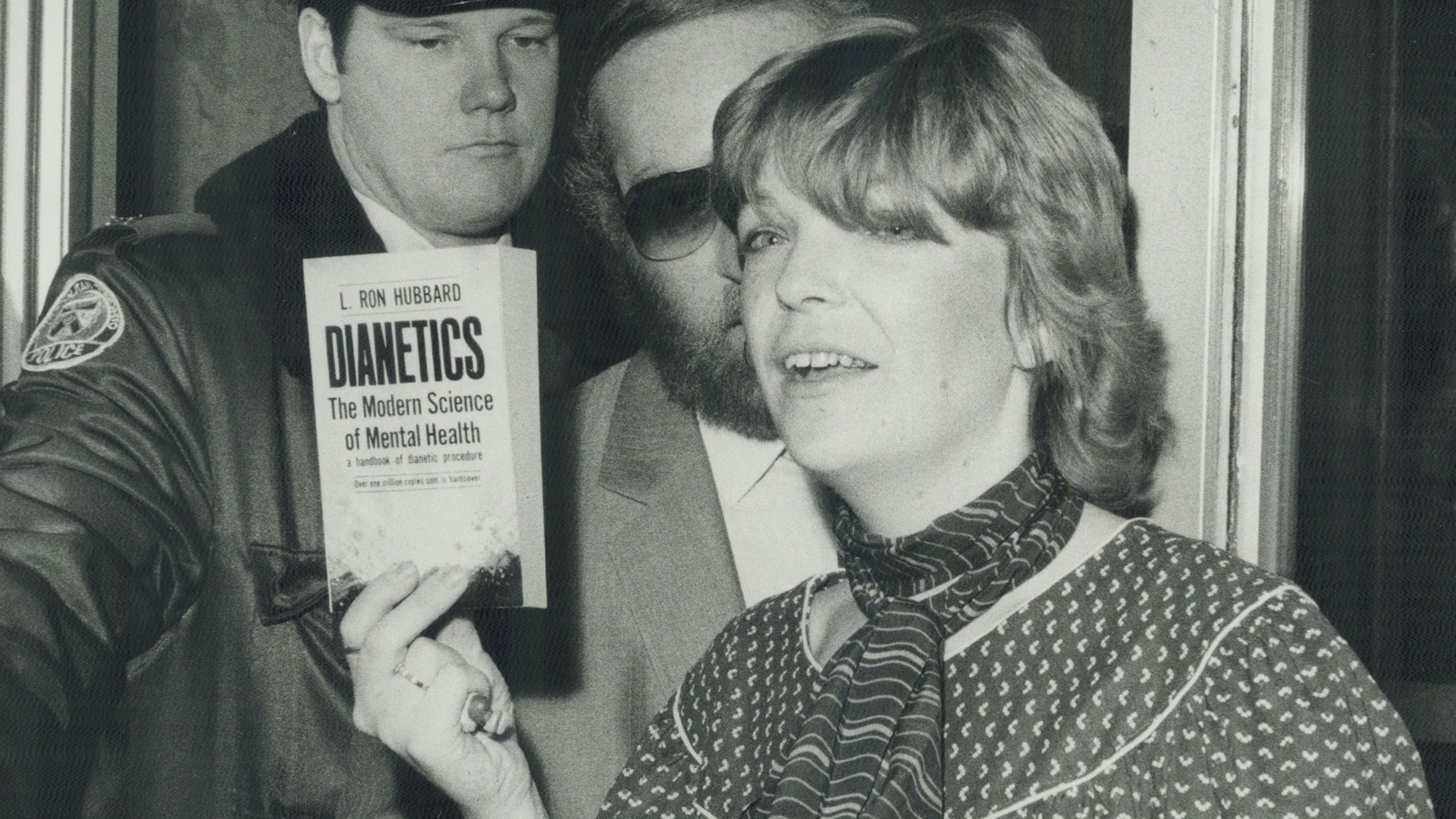Things about Dianetics
Things about Dianetics
Blog Article
Get This Report about Dianetics
Table of ContentsOur Dianetics IdeasSome Ideas on Dianetics You Should KnowThe 7-Minute Rule for DianeticsDianetics for Dummies
I could not ever not intend to obtain anything that enters your mind for you- if it was or else, I would not be resting here with you, doing this. I not just can never have a trouble, or not want to listen to something that enters your mind for you, but I'm totally eager to understand every idea, every idea, every picture or feeling that emerges or materializes for you- don't ever before assume or else, and if for one reason or another you do, please just let me recognize! Occasionally, you may have a thought, and photo, concept or occurrence turn up that does not seem to address the inquiry, or associate to it, however nonetheless, always do tell me about it, and as we proceed, the relevance will arise for you.This is integral in the basis of handling, and the subject of this conversation: the fundamental duties of the counselor and the client: The fundamental function of the therapist is, as opposed to "typical training", not to control, which means to enforce and/or prevent, but to instead work from the basis of EMPOWERING THE CUSTOMER.

Dianetics Fundamentals Explained
John Mcmasters shared this fundamental fact wonderfully well in among his talks on Power handling, in which he describes how he was asked what this "unique propensity" was that he had for providing such fantastic sessions; he had to think of that for a minute, and found that it was what he wasn't doing, in addition to what he was doing: he had not been assessing, judging, computer, or in reality, creating any type of thoughts, not to mention verbal expressions, after providing the command and while waiting on the PC to finish their response to their contentment; he was, simply and only, existing with the PC, and totally interested.
The role of the therapist, demonstrated; that was his "unique propensity". I have actually had my own experience which educated me this well, really beforehand in the game. In 1982, having actually recently completed my training and teaching fellowship on New Era Dianetics, I was running this on a COMPUTER, and there was index a point in the session where (being a little bit damp behind the ears not yet having several hours under look at this web-site my belt as a professional auditor) the computer appeared to be "taking as well lengthy" to reveal anything verbally after I offered him a command.
This trick ended up being one of the most valuable contribution that John ever made to the topic of therapy or bookkeeping (Dianetics). In my simple viewpoint, it is the best contribution that any person has ever before made to these subjectsthe application is totally non-judgemental, non-evaluative, and lacking any type of tip, recommendations or opinion.no preconditioned program for people, or 'degrees' that they must do
In Scientology we prided ourselves on not reviewing for individuals. All that actually meant was that the auditor did not VERBALLY assess for the PC in session.
The Greatest Guide To Dianetics

Anybody that had actually ever before seen John audit can not assist yet notice a special top quality in his auditing."The customer's Get the facts standard function is to be there with the purpose of moving in the instructions of their spiritual goals, and to openly and fully share and experience whatever materializes for them in answering the inquiries and carrying out the guidelines in the handling.
This is something to procedure as needed. Additionally, people frequently have prior experience and/or brainwashing in auditing/processing which, in some means, and to some levels, really misguides them right into perspectives, ideas and habits patterns that prevent the complete awareness of these duties, and so they will certainly tend to hinder the expressing of what comes to mind, as in the instances given above - Dianetics. * The very first, and probably primary examples of mis-indoctrination causing much less than entirely smooth and effective sessions, can be located in particular elements of the training regimens, or "TR's":"TR's" are often an individual's very first, or a minimum of early, experience in Scientology, and while I will take place to discuss what I view as the imperfections in principle and method, nevertheless, often tend to be greatly restorative, done as they are given (Hubbard insists that "TR's are not refining, they are training", yet factually, they are both handling AND training)
There is no "flunking", and no rejection of the reality of this being processing. The emphasis, as it needs to be, is on experiencing the various other individual's presence.
Dianetics for Dummies

Report this page